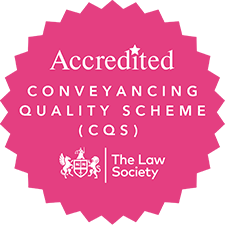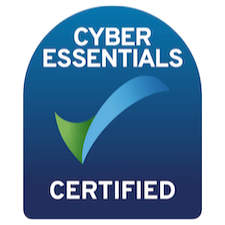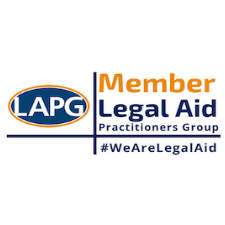Why have I been asked to provide proof of identification?
As solicitors, we must comply with the government’s requirements for proof of identity and money laundering. We require proof of identification and proof of address under Money Laundering Regulations and this is a legal requirement. If we are not provided with the documents unfortunately, we are unable to proceed with the transaction.
What is the difference between exchange of contracts and completion?
Once all enquiries have been raised and answered and a mortgage offer has been issued (if applicable), exchange of contracts can take place. When contracts are exchanged the transaction becomes legally binding and neither party can pull out. A completion date will be decided on exchange of contracts. Completion is the day that the buyer will send the remaining money to the seller’s solicitors and the keys will be released.
When do I need to arrange buildings insurance for?
Building insurance needs to be put in place upon exchange of contracts. You will need to ensure that the property is insured for at least the reinstatement value (the cost of rebuilding the property). If you are taking out a mortgage, it is likely the Lender will make it a condition of your mortgage to have insurance in place from exchange of contracts.
How long until we complete?
The timescales of all transactions can vary depending on the type of transaction it is. Generally, with a sale transaction it can take between 4-6 weeks and a purchase transaction can take 6-8 weeks. Some transaction that may appear to be straight forward may be delayed depending on parties involved and many other factors. If a chain is involved, the process will depend on the slowest part of the chain.
What is a conveyancing chain?
A number of linked transactions occur when people usually sell their property and purchase a property simultaneously. Exchange of contracts must take place simultaneously on all the transactions and this may cause delays as everyone in the chain needs to agree on the same dates.
Can I stay in the property after completion?
No, you cannot stay in the property after completion. Once the seller’s solicitors have received the buyer’s money, keys must be released to the buyers. All the seller’s personal belongings must be removed from the property and the property must be vacant on completion.
Do I have to do searches? What is a local search?
We strongly recommend that searches are carried out to the property you are purchasing. This is because the searches will flag up anything that affects the property and if any issues arise, we can raise enquiries with the buyer’s solicitors, and you will still be able to pull out of the transaction before exchange of contracts. A local search will reveal any planning permission/proposals affecting the property or any new proposals to develop or extend neighbouring properties.
Do I need a survey?
We strongly recommend that you carry out a survey to the property you will be purchasing. The rule of ‘caveat emptor’ which stands for ‘buyer beware’ puts the onus on the buyer to discover any faults in the property. It is therefore far better to be aware of any issues before you buy a house so that you can make an informed decision about how much you’re willing to pay for it and, if necessary, budget for any repair work that will need doing.
I am a first-time buyer; do I need to pay stamp duty?
First time buyers are exempt from paying stamp duty up to £300,000.00. If you buy a property up to £500,000.00 you will not pay Stamp Duty on the first £300,000.00 and but will pay 5% on the remaining amount.
If the property you are buying is worth over £500,000.00 you will pay the standard rates of Stamp Duty and will not qualify for first-time buyer’s relief. The standard rates are: –
- 0% on the first £125,000.00 paid (this includes shared ownership properties if the share is under £125,000.00)
- 2% on the property price between £125,001.00 and £250,000.00
- 5% on the property price between £250,001.00 and £925,000.00
- 10% on the property price between £925,001.00 and £1,500,000.00
- 12% on the property price of £1,500,001 and over
How much deposit do I need to pay?
Generally, the contract provides for 10% of the purchase price to be paid on exchange of contracts. However, this can vary depending on what is negotiated with the seller.
Are there additional costs on top of the quote provided?
Our fixed fee quotes are true reflections of the costs of the transaction with no hidden or extra costs.
What is an EPC and why do I need it?
An Energy Performance Certificate (EPC) provides information on the efficiency of a property and lists recommendations on how to improve the efficiency of the property and bring up the rating. The legal requirement for an EPC rating is a rate E and you cannot sell a property without an EPC. When you are selling your property, please ensure you have an up to date Energy Performance Certificate. If your Energy Performance Certificate is showing a rating less than ‘E’ then please follow the recommendations on the Certificate to improve your rating.








